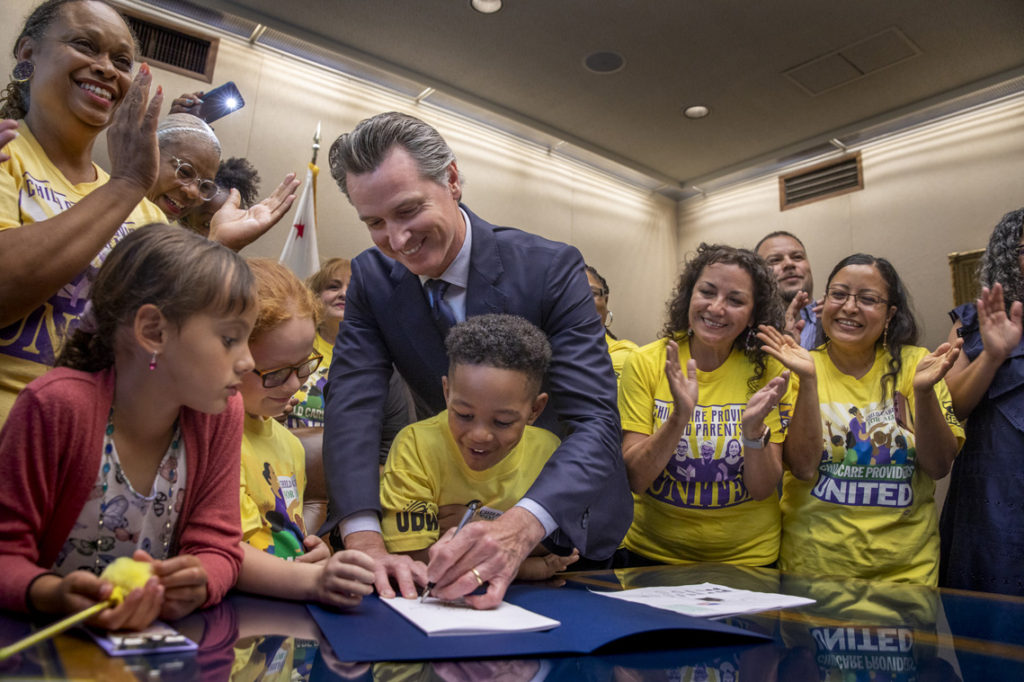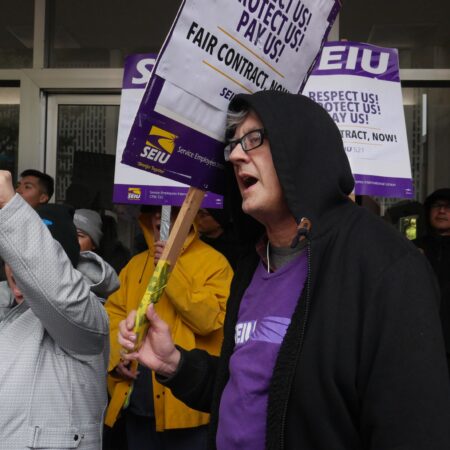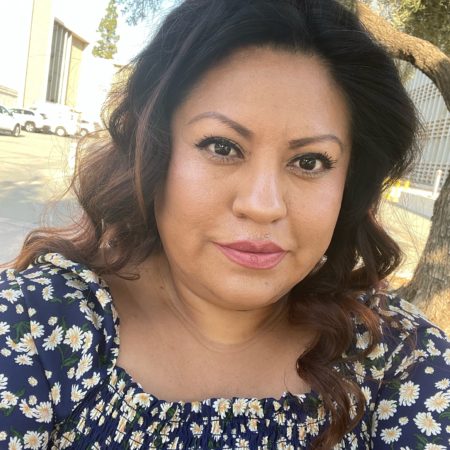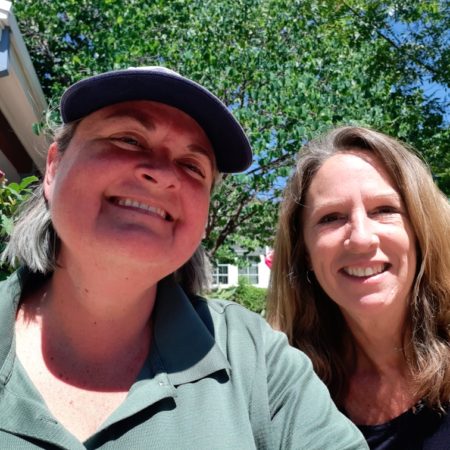
After a 16-year-long fight, the persistence of our child care providers has paid off. California Governor Newsom signed a law on September 30, 2019, that gives 40,000 child care providers the right to form our union. That means we can now form our union and negotiate for better pay, benefits and high-quality child care for all kids.
This historic victory was made possible thanks to the incredible strength and persistence of our child care providers working in unity. This win proves not only the incredible strength and persistence of child care providers but what we can do when we work together.
Press Release – September 30, 2019
GOVERNOR NEWSOM SIGNS LAW THAT ALLOWS CHILD CARE PROVIDERS TO HAVE THEIR UNION FORMALLY RECOGNIZED
Push by 40,000 California Child Care Providers
Upends Outdated, Broken Labor Laws
Workers Organized 16 Years for This Moment
Gov. Gavin Newsom signed the Building a Better Early Care and Education System Act (AB 378) by Assemblymember Monique Limón into law on September 30, 2019, setting the stage for California’s largest union election in decades. Approximately 40,000 family child care providers —mainly Black, Brown and Asian women who care for the children of some of the state’s lowest-paid workers— now have the right to negotiate with the state and form a union.
“This is truly a historic day for child care providers. This means we will have the power to fundamentally change what it’s like to work in early childhood education in California,” said Carolyn Carpenter, an Oakland family child care provider and member of Child Care Providers United. “Every worker should have the opportunity to form a union, no matter what work they do.”
“Together, we can fix our fragmented child care system that has kept our wages low and the price of child care high for working families,” said Alicia Turner, a family provider in Patterson, California and a member of CCPU.
There are 40,000 child care providers who care for children that receive subsidized child care in California. The median income for these providers is $12 an hour, but some licensed providers make as little as $5 an hour per child. Fifty-eight percent rely on government assistance programs to support their families. Child care providers are overwhelmingly women of color, including many immigrants, whose important work – taking care of and educating young children – was never recognized by our laws.
Child care providers want to create a pathway to prosperity by negotiating higher wages and increasing benefits. They also aim to transform the industry by improving access to training and increasing the standards of quality care.
With low pay, cuts to state subsidies, and a lack of benefits, child care providers struggle to retain talent and keep their doors open, and parents pay the price by losing their trusted caregivers with little or no notice. Only 15 percent of child care providers receive health insurance from their job, compared with nearly 50 percent of workers in other occupations.
“My child care provider, Charlotte Neal is like family. My three children and I love her and depend on her care every work day. I drive for Amazon and my schedule can change dramatically. She always comes through for us, so I’m glad she will be able to form her union and fight for a better child care system,” said Ruby Chege of Sacramento. “This law will not only help child care providers support their own families, it will help parents like me who need assistance find and keep child care providers we trust.”
In 2017, eight out of nine children eligible for subsidized child care (more than 2 million children) did not receive services from a full-day program, and only 228,100 children eligible for subsidized care were enrolled in full-day state programs.
AB 378 allows family child care providers to advocate for improvements to the child care system, such as greater access for children and families, and to negotiate for pay that can support their own families. Even without formal recognition of their important role in the system, providers won more state funding for early care and education, improved training for providers and expanded access to care for more families. Child care providers have been uniting their co-workers across the state since 2003. They organize under the banner Child Care Providers United (CCPU). Their efforts were supported by SEIU and AFSCME-UDW.
Their organizing effort is the largest in California since 1997 when homecare workers were granted the right to collectively bargain. Once CCPU wins a democratic election of child care providers, California will be legally required to negotiate with providers over rates, training requirements, and other state government decisions that impact subsidized child care providers.
With this law, California becomes the 12th state to recognize collective bargaining for child care providers.
###
Child Care Providers United California (CCPU) is a union of family child care providers across the state who are members of SEIU Local 99, SEIU Local 521, and UDW/AFSCME Local 3930.



